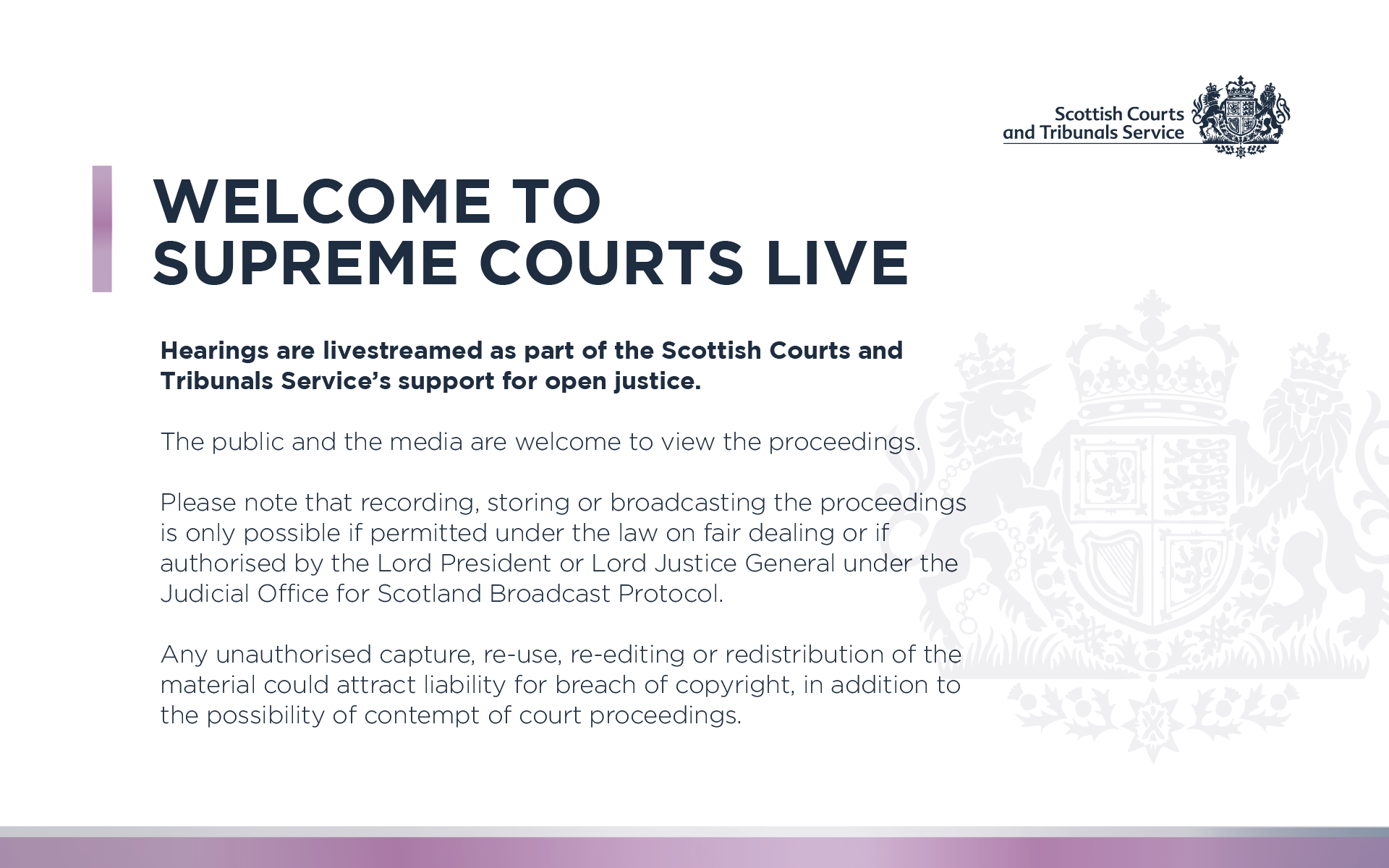Case description
The Wyndford Estate in Maryhill contains a group of four 26-storey tower blocks providing around 600 homes. In February 2022, Glasgow Housing Association (now known as Wheatley Homes Glasgow Limited) decided to demolish its properties on the Wyndford Estate as part of a regeneration proposal. The proposal is to replace the existing tower blocks with 386 affordable homes and a two-storey community hub.
The reclaimer (appellant) in this action lives near the Wyndford Estate with her children and is opposed to the demolition. Her argument is based on the requirement for an Environmental Impact Assessment (EIA).
Under regulation 7 of the Town and Country Planning (Environmental Impact Assessment) (Scotland) Regulations 2017, an initial “screening option” was carried out on 20 February 2023 to determine whether an EIA is required for the demolition. The main goal of screening is to determine whether a project needs an EIA. Some projects are too small or have minimal impact on the environment. Others automatically require to undergo an EIA due to their size and nature. The assessment itself is an in-depth analysis of the environmental impact of the project, and factors which can be put in place to mitigate short-term or long-term effects of any environmental impacts.
After the initial screening on 14 March 2023, it was determined that an EIA was not required. This decision was successfully challenged by the appellant in an earlier petition for judicial review.
A second screening option was adopted by the respondents on 13 October 2023, which again identified that no EIA was required. The appellant challenged this decision. On this occasion, the judge did consider that the decision of the screening opinion of 13 October was based on an error of law. The error pertained to the use of the criterion for an EIA. The respondents considered whether there would be a “significant adverse effect” on the environment, rather than the established correct criterion, which is a “significant effect.” Despite this, the judge upheld the screening opinion on the basis that the same conclusion would have been reached had the error in law not been present.
The appeal challenges the judge’s ruling.
There are five grounds of appeal. First, that the judge erred in law in deciding the case on the basis of an authority decided after the substantive hearing, without being addressed by parties on the case (R (Finch) v Surrey County Council). Secondly, that Finch was incorrectly applied. Thirdly, that the judge did not consider the question of whether the respondent had adequate information to make the decision that an environmental impact assessment was not required. Fourthly, that the judge erred in exercising his discretion to refuse to reduce the decision after holding that there was an error in law. Finally, it was for the respondents to show that the decision would inevitably have been the same absent any legal error.

